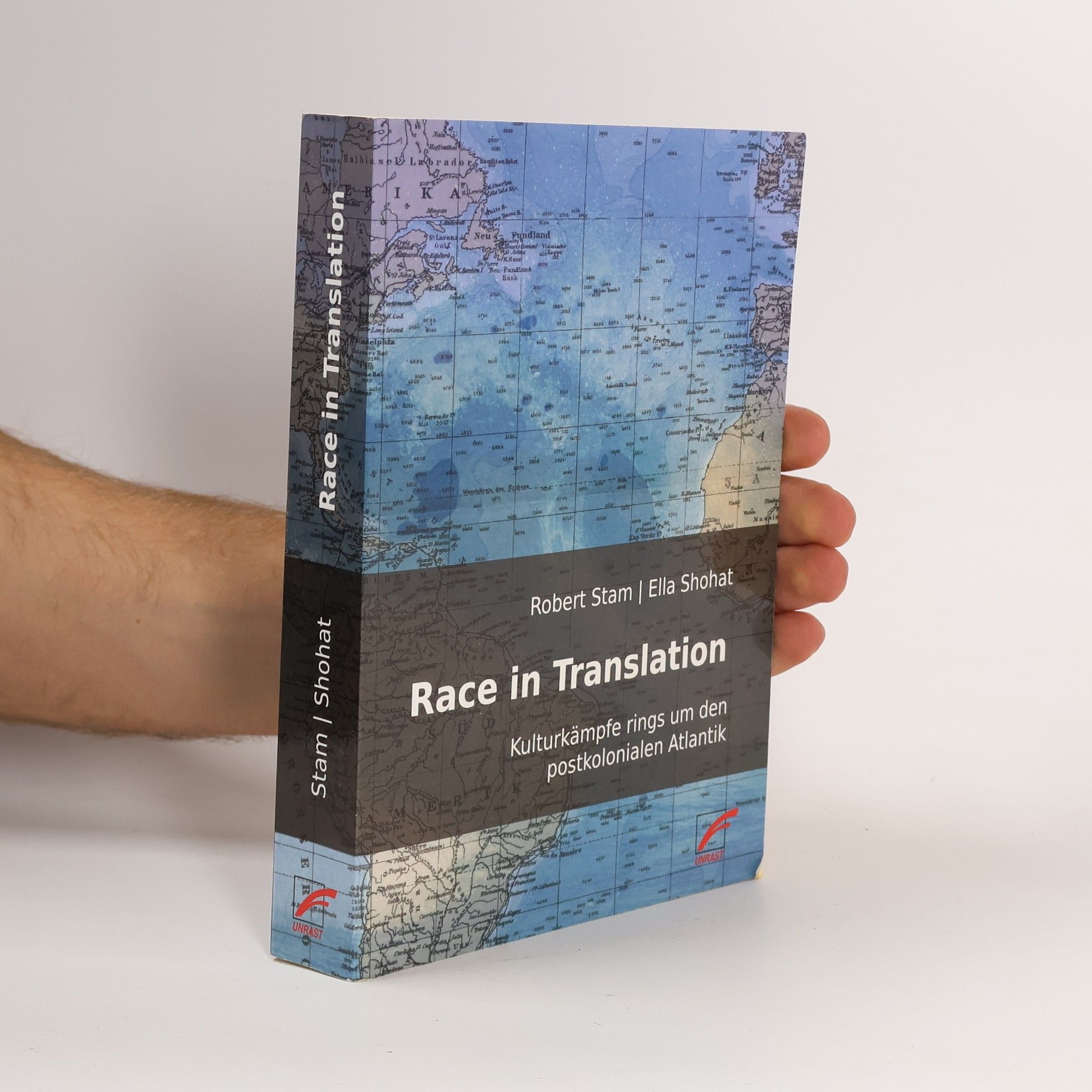Ella Shohat Knihy
Ella Habiba Shohat je profesorkou kultúrnych štúdií, ktorá skúma eurocentrizmus a orientalizmus z postkoloniálnej a transnacionálnej perspektívy. Jej práca sa zvlášť zameriava na kritické skúmanie arabských Židov v kontexte Izraela a Palestíny. Shohat sa definuje ako arabská Židovka a jej analýzy sú cenené pre svoju hĺbku a originálny prístup. Jej vplyvné eseje a štúdie podnecujú k zamysleniu nad kultúrnou identitou a historickými naratívmi.
